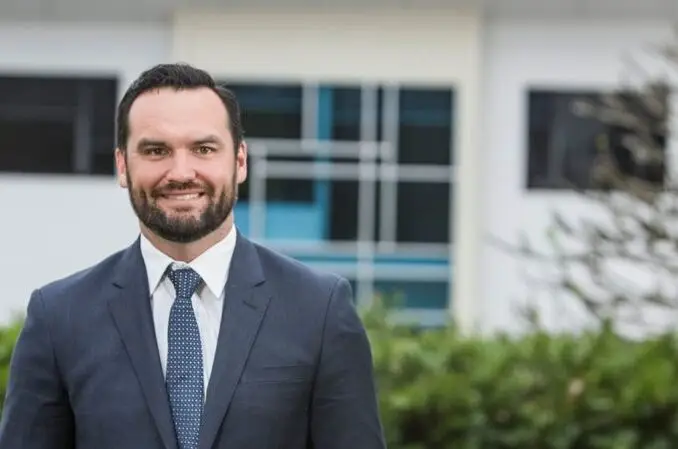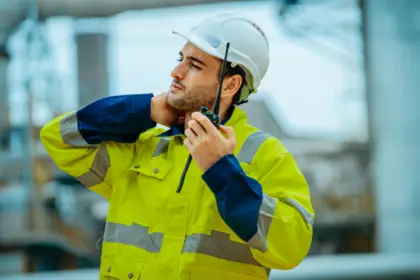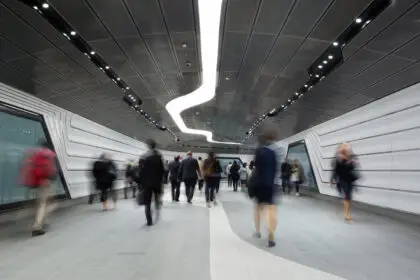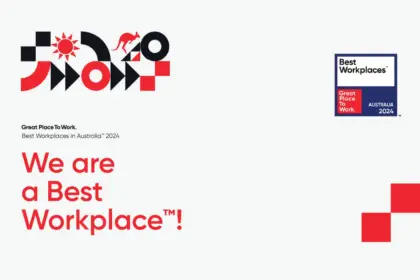Every good business seeks to improve—be it through better performance, strategic developments or addressing safety concerns; however, many of these issues sit at a cultural level and so require staff engagement.
While many executives have a good relationship with their staff, changing behaviours requires specialist skills; particularly when trying to retain a positive focus throughout.
Sentis has been in operation since 2003, working with organisations to drive significant change and sustainable improvements in organisational performance. Since commencing operation, Sentis has helped more than 250 companies and positively impacted more than 115,000 people across such diverse industries as mining, oil and gas, construction, utilities, telecommunications and financial services.
Anthony Gibbs is the Chief Executive Officer at Sentis, joining the company as a consultant nine years ago. At the time, Anthony had been working at Queensland Health, following his first professional job out of university with a group called Ozcare.
“Ozcare was a drug and alcohol rehabilitation service, and where I gained an appreciation for the positive impact psychology can have on people’s lives.” explains Anthony.
“When I moved on to Queensland Health, I came to recognise that the majority of people we were treating could be defined as ‘helping them get back to where they had been’ or getting them ‘as close as possible to a level of functionality’.
“On many occasions, I questioned how many wouldn’t have been there if they had been given tools and skills sooner to avoid injury. It made the position at Sentis seem very attractive and obvious to me.”
The challenge for Sentis is to make change an attractive proposition, but Anthony says he struggles to understand why it has such bad connotations. The key, he says, is making sure everyone understands what is happening.
“I sometimes wonder whether we focus too much on the word and not enough on the process. Change is a part of life. Change isn’t going anywhere. Change only becomes a problem when people don’t understand what is changing and it’s not communicated effectively.”
Anthony cites an example of a mining company that took staff safety very seriously. They had invested a lot of time and resources on their policies, procedures, rules and guidelines, and had spent significant money to get the best equipment, yet there was a disconnect between the ideals and the staff engagement.
“We built a program based on psychology that could shift attitudes and perceptions around safety, and therefore drive different behaviours, and different results,” says Anthony. “This all happened about 16 years ago, and back then it was considered a strange way to approach things—people couldn’t understand that psychology had an active place in mining and construction; but the results were fantastic.
“What we found was, because it was about them, it was about their brains, and it was about empowering them to make better choices, the adoption rates were phenomenally quick. We’ve met with people 14 years down the track who still have our resources in their top pocket as a reminder.”
For Anthony, there are abundant examples of the impact Sentis’ distinctive approach has had, not only for organisations but also individuals; however one example in particular has stuck with him.
“Shortly after joining Sentis I was at a shopping centre in a mining town wearing my company shirt, and a lady actually approached me to tell me about her husband who worked in one of the mines. He had participated in one of our programs, and she said the experience had made such a profound impact on him, not only at work but also at home.” he says.
In order to stay ahead of the pack, Sentis invests heavily in its own research and development. They partner with a number of academic institutions and work hard to stay at the leading edge of evidence-based insights. In fact, Sentis recently won an award benchmarked against 1400 other submissions from the Society for Industrial and Organisational Psychology (SIOP) for its innovative research work.
Included in this is staying on top of new developments in technology that support sustainable change with a new knowledge platform currently in the wings called Dojo. “We have been playing with technology, or working in the technology space now, for about five years,” says Anthony.
“In the last couple of years, technology has become more and more important for our clients. We see it as a massive opportunity to provide really impactful blended learning solutions to our clients. When you adopt and embrace the right technology, it enables you to be much more impactful, much more efficient, much more time-conscious, and much more cost-sensitive.”
The approach is clearly working. Sentis has an enormous list of clients all demonstrating improvements in safety or operations—many of them returning for help with new initiatives.“One recent client that sticks out is Ergon Energy,” Anthony explains. “Ergon Energy is a large utilities provider with 733,000 clients, 4,500 employees, and nearly $12 billion dollars in asset base. Importantly, they are also dealing with high risk jobs on a day-to-day basis.
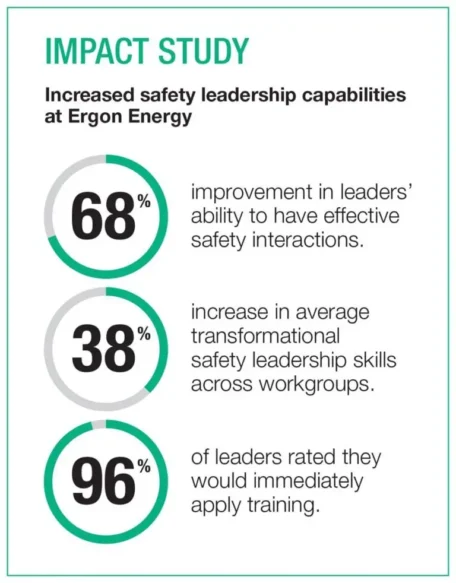
“On the back of our engagement, Ergon saw a 68% improvement in leaders’ ability to have effective conversations and interactions. They reported that 96% of leaders left the training saying that they would immediately apply the training. Each work group, on average, was reporting an additional 48 safety activities per month. These are groups that are now going out and applying discretionary effort to proactively improve safety across the organisation.”
While the stats are impressive, Ergon Energy was most pleased with the continued behaviours of staff. Individual team members have taken ownership of safety issues, reporting and managing risk to support each other. In doing so, they have not only helped safety, they have also helped the business. Naturally, this is also a great success to Sentis.
“Really, our success is hinged upon our methodology. When a client takes the time to understand their issues properly, to benchmark the data, to truly partner and design a solution that’s going to hit organisational objectives, that’s when we start to see some really meaningful outcomes. With our partnerships, we don’t look to come in and impose a whole new set of systems and processes on anybody. We look to understand it and integrate.”
The staff at Sentis clearly gain satisfaction from the work they do; however, Anthony says that they strive to be an attractive employer on many levels.
Sentis has a strong sense of social responsibility with programs that benefit staff, as well as the community—creating a spirit of wellbeing and purpose that staff can extend to clients.
This engagement and retention is important to Anthony. Although he is professionally proud of the accolades and awards for the organisation, it’s seeing the gratification of staff and clients that provides the greater sense of personal satisfaction.
“If you were to ask anyone what they’re most proud of at Sentis, I think they’d tell you it’s the changes that we see in people every day. Our mission and purpose is to change organisations and individuals’ lives for the better. To be able to say what we do is a positive thing and to see the impact, makes you feel pretty good.”
This article was originally published in the Oct/Nov 2016 edition of Business First Magazine.
